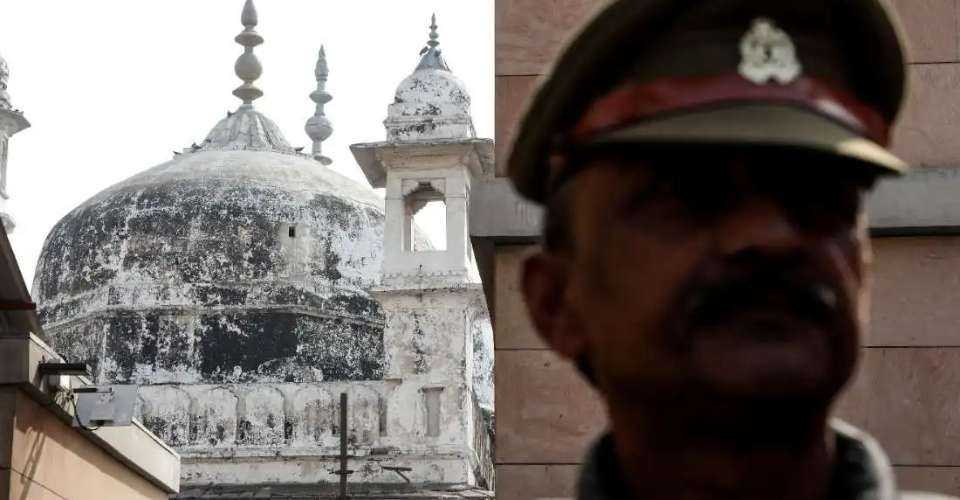
India’s federal government has proposed sweeping changes to the governance and regulation of properties donated by Muslims exclusively for religious or charitable purposes under Islamic law.
The new bill tabled on Aug. 8 in the Lok Sabha, or lower house of the Indian parliament, proposes over 40 amendments to the existing Waqf Act, 1995 – the law governing the properties. Waqf, in Islamic law, means a charitable endowment held in trust.
These properties, including land and buildings across India, are managed by Muslim bodies known as waqf boards. According to government records, the waqf properties number around 872,000 and are estimated to be worth trillions of US dollars.
The Waqf properties are non-transferable and held perpetually in the name of God, with proceeds typically funding educational institutions, graveyards, mosques and shelters, benefiting many Muslims.
The current arrangement for their management involves a Central Waqf Council (CWC). This statutory body advises the federal and provincial governments on the administration of waqf properties and the functioning of the 30 state waqf boards.
The CWC was established in 1964 under a law of parliament and is under the administrative control of the federal ministry of minority affairs.
However, there is criticism that the CWC was reduced to a monopoly of a few Muslim clerics who are “running the entire show.”
The Waqf (Amendment) Bill, 2024, proposes more government control and representation for women and non-Muslims on the waqf boards.
Crucially, the new law will discontinue allowing a property to be considered waqf based on an oral declaration. Such properties will be treated as suspect or disputed, and the government authorities will make the final decision.
The federal government has further sought authority through the proposed law to order audits of waqf properties through the Comptroller and Auditor-General of India or its designated officers.
The move by the right-wing Hindu party of Prime Minister Narendra Modi — Bharatiya Janata Party — drew sharp criticism from the opposition parties, who said the proposed law was “anti-minority,” “divisive,” and “unconstitutional.”
Congress leader K. C. Venugopal said, “Allowing non-Muslims to be members of the Waqf boards was attacking the faith and religion of the minority Muslims” in the country.
Federal Minister of Minority Affairs Kiren Rijiju said the amendments to the old law aimed to have an “effective management” of waqf properties and “enhance efficiency” of waqf administration.
“We are not saying people of different religions should be made a part of the waqf board. We are saying that a member of parliament [MP] should be a member. If the MP is a Hindu or Christian, what can we do about it,” Rijiju clarified.
There have been growing complaints that the properties and lands are being abused. About 41,000 waqf-related cases are pending in various courts and tribunals in the country.
Hence, the minister said the government proposed to rename the new law as the “Unified Waqf Management, Empowerment, Efficiency and Development Act.”
However, following protests by opposition members of parliament, the bill was referred to a Joint Committee of Parliament for scrutiny.
The All India Sufi Sajjadanashin Council, an umbrella body of Sufis in India, has supported the proposed law.
Its chairman, Syed Naseeruddin Chishty, said: “The council strongly supports this government’s proposed bill. There is a desperate need for it.”
source : uca news
